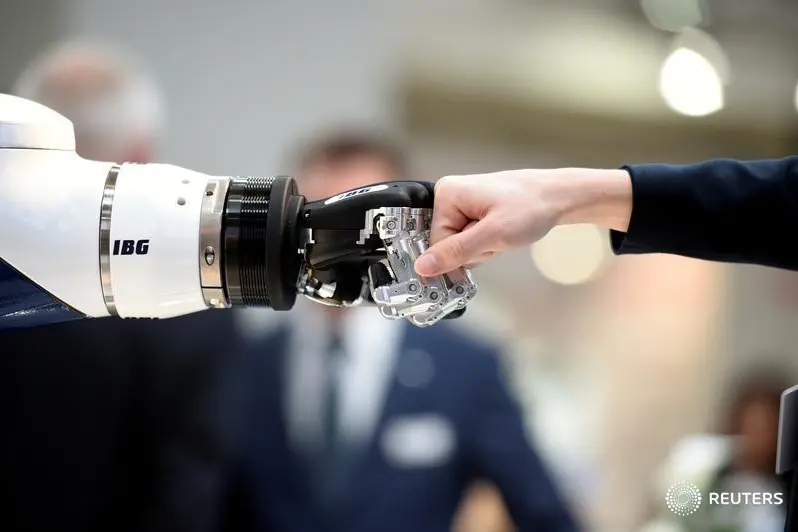PHOTO
Organisations in the Middle East will find more of their jobs and services being transformed by AI, experts have opined.
The percentage of jobs requiring Artificial Intelligence (AI) skills have witnessed a nearly five-fold increase globally since 2013.
As the role of Human Resources keeps evolving in the digital age and technologies such as AI and machine learning gain more prominence, organisations in the Middle East will find more of their jobs and services being transformed by AI, according to HR and IT thought leaders against the backdrop of the upcoming HR Tech MENA Summit 2018, due to take place from 7-8 May, 2018.
“AI and machine learning will totally change the way people interact with HR technology. For example, people will have their own intelligent coach that will motivate and mentor them to grow and develop in the desired direction. This coach will help people across their career and through multiple companies and organisations. Equally, AI and blockchain technology will enable organisations to manage large amounts of people working together in smart and fluid networks, a global workforce as a service,” said Christian Kromme, author of the international bestseller, Humanification: Go Digital, Stay Human, and one of the keynote speakers at the Summit.
Even as the debate about the impact of Artificial Intelligence on employment and the workforce continues to engage analysts and tech experts, new research appears to indicate that AI will create more jobs than it destroys. According to Gartner, AI is poised to create 2.3 million jobs, while eliminating only 1.8 million, and by 2022, one in five workers engaged in mostly nonroutine works will rely on AI to do their job.
“AI will play a crucial role within HR systems to reduce effort and provide more robust and accurate data for predictive analysis. But the last question of the day that will always need to be answered is ‘How much technology is too much?’ As technology further enables organisations to gather actionable data-driven insights from within, both HR and the wider business community will need to decide between cost reduction and the enhancement of human capital to drive business goals. As economic pressure develops, this will be a very real problem for businesses to manage, especially as we’re getting closer to a world of AI,” said Craig Austin, Head of Talent Management and Learning & Development, RAKBANK.
Hossam Haggag, VP - Leadership and Talent Management, Jumeirah Group, called attention to the fact that HR technology has become more accessible and user-friendly, even as cost of technology has gone down, adding that technology has become smarter, cheaper and more widespread, and integration of data across multiple systems is easier and more affordable than ever. This is crucial to business success because, in today’s world, collaboration among systems and platforms is just as important as collaboration among humans.
Kromme, Austin, and Haggag are part of the roster of speakers assembled for the two-day Summit that includes several prominent figures in the Middle East’s HR and IT landscape as well as renowned international experts and opinion leaders.
© 2018 CPI Financial. All rights reserved. Provided by SyndiGate Media Inc. (Syndigate.info).





















